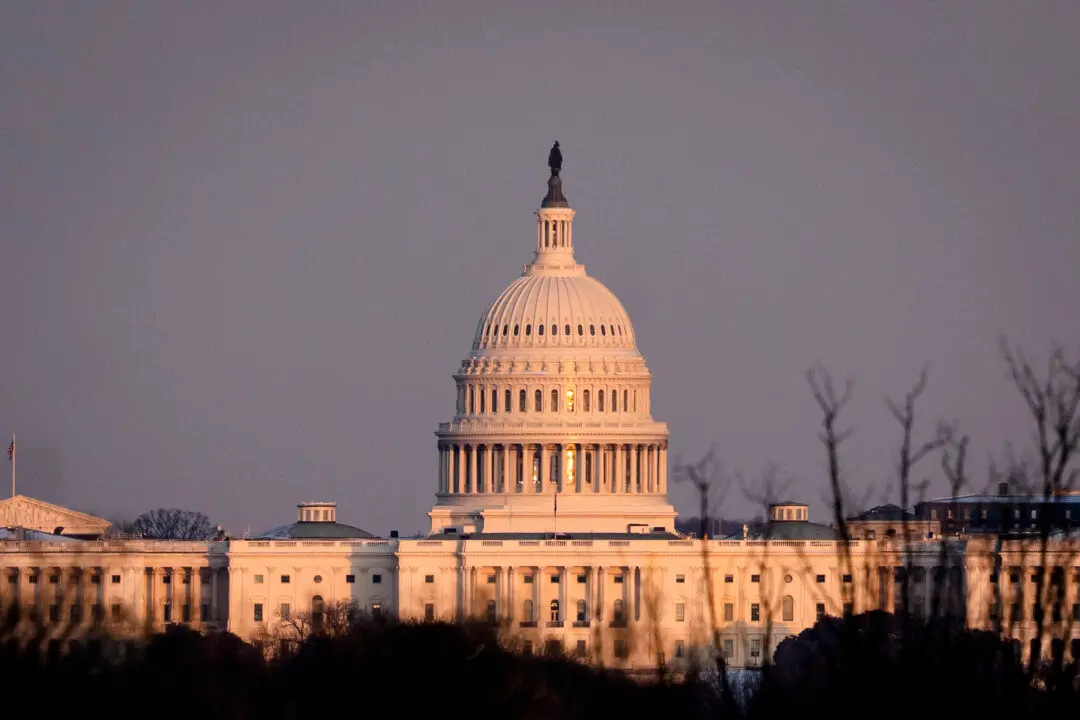Members of the House Jan. 6 Committee have announced that the panel will make several criminal referrals to the Department of Justice (DOJ) before its dissolution in January.
Over the past several months, the panel has attempted to present a criminal case against former President Donald Trump, contending that the Jan. 6 Capitol breach was the culmination of a months-long effort to overthrow the U.S. government.





